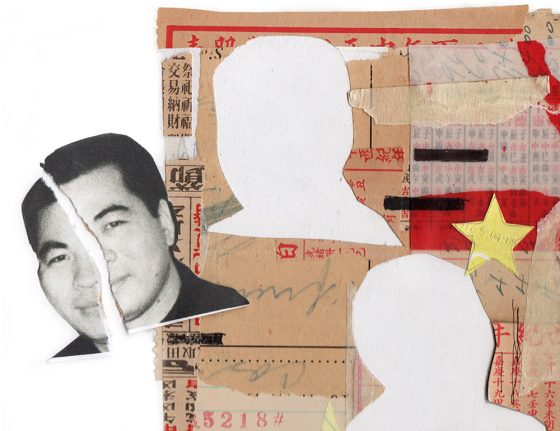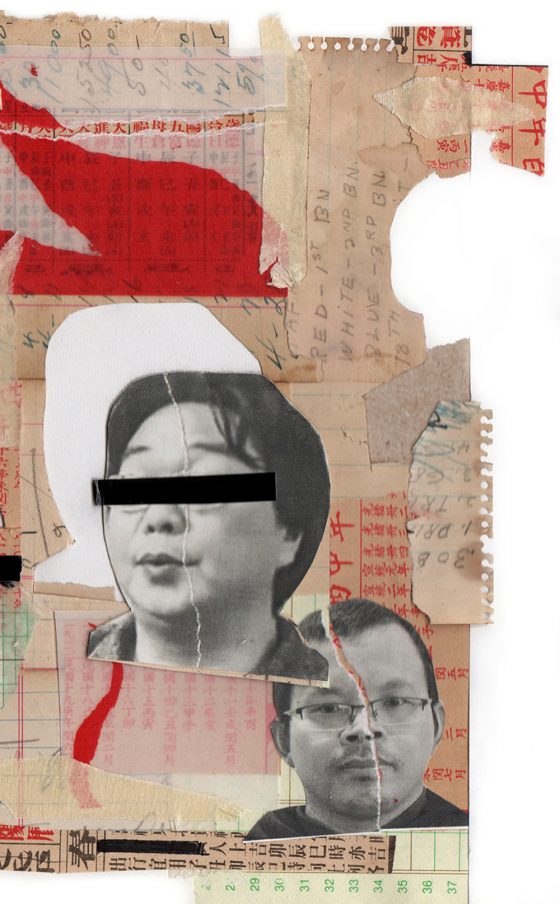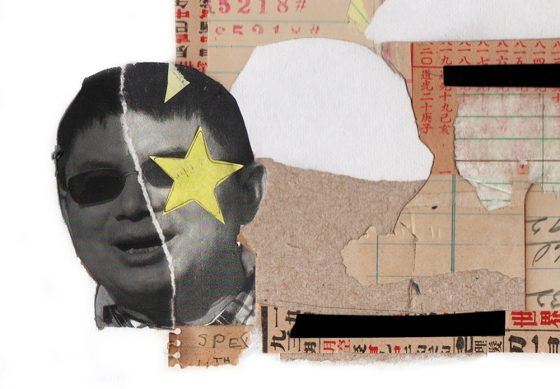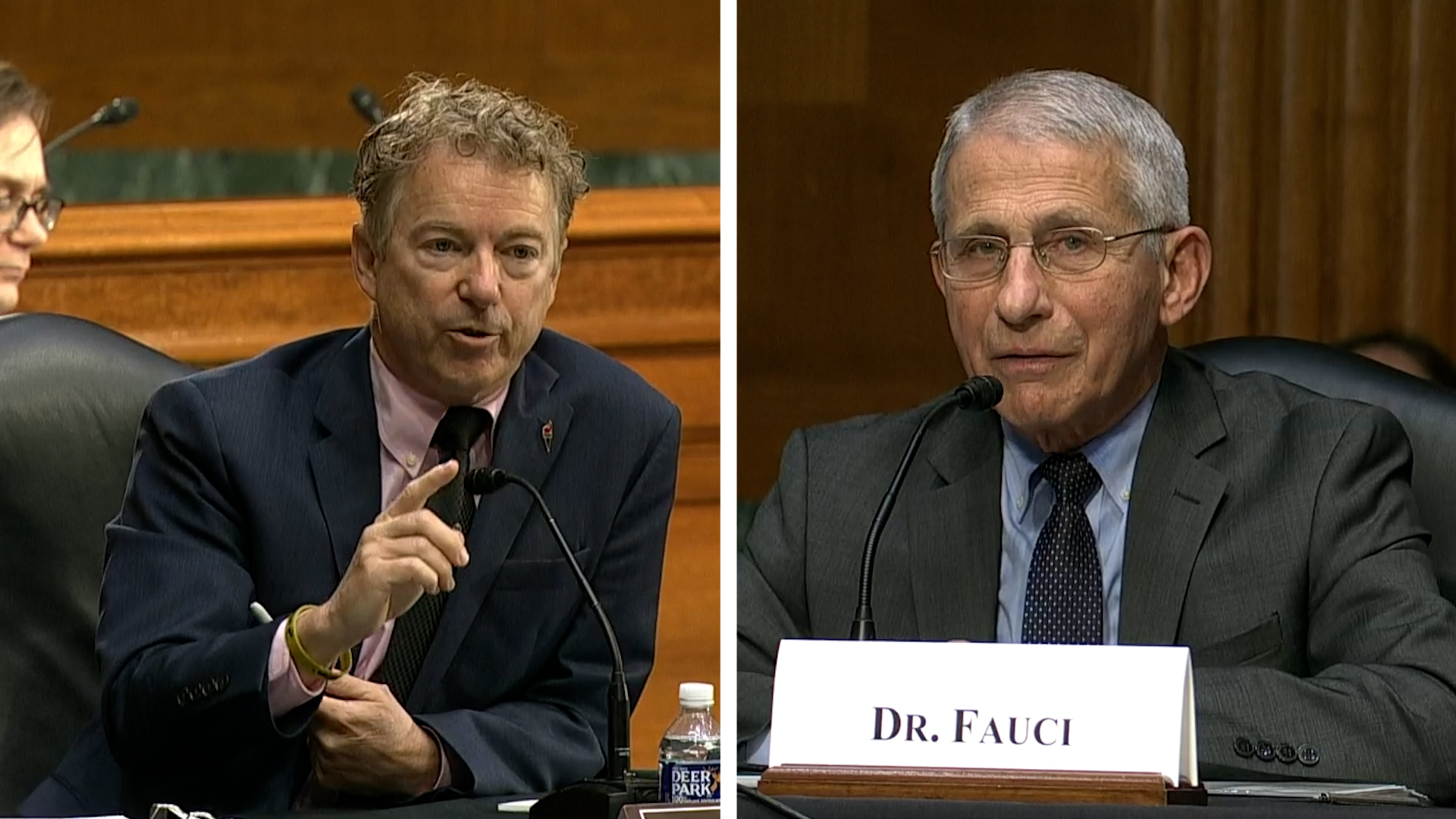By: Terresa Monroe-Hamilton
Most Americans never stop to think what other humans suffer under communist regimes. And if you listen to politicians and the media, you would think the Chinese are our best friends. They aren’t. They are our enemies and always will be. Why? Because of communism and make no mistake, Xi’s regime is communist.
Now, our intelligence officials fear that China’s global campaign of kidnapping citizens that they want to repatriate for one reason or another has reached our borders. I would wager a guess that it happened long ago, we just haven’t been paying attention. These people are brought back to China where they may face arrest and imprisonment on political and corruption charges. Beijing admits that Chinese officials are doing this. They aren’t trying to hide it. They have repatriated more than 3,000 people “who had escaped overseas” since late 2012, Xinhua reports. What they call repatriation is often coercion or kidnapping. They threaten these people and their families. It’s the communist way.
In one example cited in an excellent report by Foreign Policy, a Chinese-Canadian billionaire named Xiao was snatched from his hotel in Hong Kong in 2017 and was loaded after probably being sedated into a wheelchair and rolled out through the lobby with a sheet covering his head. Similar stories have also come out of Australia, a U.S. intelligence partner, including one about a man who was allegedly drugged by Chinese security forces and transported back to the mainland on a state-owned shipping vessel.
An initial police report filed by a family member was quickly withdrawn and Xiao later issued a statement denying that he had been kidnapped. More than one year later, he remains in mainland China and though he hasn’t been charged with any crime, his businesses, under government direction, are expected to sell almost $24 billion in investments, which will reportedly be used to repay state banks.
Chinese nationals who are here in the U.S. legally have also started to disappear under suspicious circumstances. The only difference here is that these individuals are not high-profile targets. They are just normal people. “There were multiple reports of people observing Chinese intelligence operatives materializing around the schools or residences of the missing people,” one intelligence official said. “One theory was that they were strong-arming them in person, saying, ‘We’re here. Your flight back to China is tomorrow.'” The official stressed that there is still a difference between “kicking in a door and taking a guy forcefully away and saying, ‘Come with us or we’ll kill your family in Inner Mongolia.'” Still, in one case involving a Chinese graduate student at the University of California, Berkeley, there was “evidence of this person being taken against their will.” And no one notices or says a word.
The kidnappings happen all over the world and follow the same pattern. Either the person is threatened and goes with Chinese intelligence agents, or they are forcibly kidnapped. When they are in China, they disavow being kidnapped and their assets usually are seized by the Chinese government. Some of these Chinese nationals are in fact, nationals of other countries. Powerful businessmen, ex-Chinese Communist Party officials, dissidents and activists have all been targeted as part of what Western intelligence officials say appears to be a large-scale campaign.
These cases of forced repatriation appear to show just how seriously the Communist Party takes its assertion that anyone it regards as a national — no matter where they live, work, or study — is subject to its authority. The kidnappings have begun to occur in the territory of core U.S. allies, including some of the Five Eyes intelligence partners (the United States, Australia, Canada, New Zealand and the United Kingdom). The Chinese have become emboldened like the Russians, believing no one will do anything of substance to stop them. It appears that the forced repatriations started in earnest in 2004.
In 2014, Beijing formally announced that it was expanding its anti-corruption campaign, known as Skynet or Fox Hunt, to target officials living abroad. In mainland China, the use of kidnapping and illegal detention has become such a standard part of the Communist Party’s disciplinary procedures that it even has a name, shuanggui. In order to isolate suspects in corruption cases — which are often intertwined with fights among party factions — security officials seize them, hold them in undisclosed locations and torture them to extract quick confessions. The use of shuanggui has increased sharply since Chinese President Xi Jinping launched his anti-corruption drive.
About five years ago, U.S. intelligence noticed that Chinese people began ‘disappearing’ in the United States. The number of suspicious disappearances at the time was small — fewer than six, one former senior intelligence official said.
China has formal legal channels to retrieve “economic fugitives.” According to a former senior U.S. law enforcement official, Chinese officials about three years ago gave their American counterparts a list of U.S.-based individuals they wanted deported to China. The list, which numbered nearly 200 people and included 15 to 20 individuals in the Los Angeles area alone, tended to “trump up” charges in many cases, says the law enforcement official. China and the United States do not have an extradition treaty, but in 2015, the Department of Homeland Security agreed to enhance cooperation with China on deportation of U.S.-based fugitives.
The CIA and the State Department referred questions about alleged cases of forced repatriation to the Justice Department. The DOJ released a brief statement on the matter: “The U.S. Department of Justice will not allow the United States to become a safe haven for criminals,” the spokesperson wrote in an email to Foreign Policy. “The Department will assist other countries if evidence of criminality is presented, but will not accept unilateral law enforcement activity by another country on our territory.”
The Chinese government alternates between vague threats and appeals to consider family. “The phrasing they use — either to force you back or to get you to give information when you’re back — is, ‘It would be best for your father if you did this,’ or ‘Don’t you want the best thing for your father?’” the person says. Often, the Chinese government operatives will also try to appeal to the person’s patriotism. “They’ll say, ‘You’re Chinese, don’t you want to help the motherland?’ And when they want to intimidate or bully you, they say, ‘You’re too American, you don’t understand how things work in China.’” If that doesn’t do the trick, they get rougher. “With most people, threats and imprisonment were enough,” the person says, “but with the really hard men, they tortured, or threatened to torture, the wives and relatives.”
China is flexing its muscles across the planet militarily and economically. They also feel it is their right to go after Chinese nationals no matter what country they are in or whether they are a citizen or not. Their intelligence agents are little better than the Gestapo was and they are feared just as much. Under Xi, it has gotten much worse and he’s just begun to use his power as the new Chinese dictator for life.




















